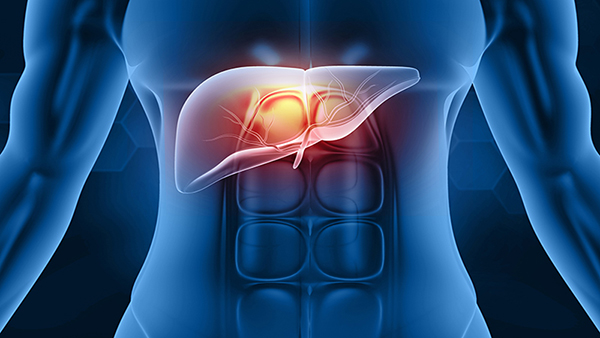Cleveland Clinic in Florida Spring 2024 Update
April 2024
Dear Friends of Cleveland Clinic in Florida,
I hope this letter finds you well. I am writing to share some exciting updates and accomplishments from Cleveland Clinic in Florida, made possible by generous support.
First, I am pleased to announce that Chirag Choudhary, MD, MBA, has assumed the role of Vice President and Chief Medical Officer of Cleveland Clinic Tradition Hospital, effective March 1. Dr. Choudhary brings with him a wealth of experience, including 15 years of healthcare leadership at Cleveland Clinic. His dedication to enhancing patient care and embedding a culture of quality and safety is exemplary.
During the past year, our transplant teams at Cleveland Clinic Weston Hospital achieved remarkable milestones. In 2023, they completed 257 transplants, marking significant progress in our mission to save lives through organ transplantation. Notably, our kidney and liver transplant programs in Florida reached new volume records, with 151 kidney transplants and 52 liver transplants performed.
Additionally, we are proud to announce the launch of a machine perfusion program for liver transplantation, aimed at improving the preservation and evaluation of donor organs before transplantation. This innovative approach has already yielded promising results, with 39 livers successfully transplanted after undergoing perfusion and evaluation at our Organ Repair Center in Weston.
A new model of care, Cleveland Clinic in Florida’s Hospital Care at Home ℠, is getting attention for successfully treating patients virtually, from the comfort of their homes. Starting at Cleveland Clinic Indian River Hospital in April 2023, we have cared for more than 500 patients in Indian River, Martin and St. Lucie counties. View recent media coverage and what our patients have to say. You can find information about the program on our website.
None of these achievements would have been possible without the unwavering support of our donors. Their generosity enables us to push the boundaries of medical innovation and provide lifesaving treatments to those in need. On behalf of Cleveland Clinic in Florida, thank you for entrusting us with your healthcare needs.
Sincerely,
Conor P. Delaney, MD, PhD
President, Florida Market
Cleveland Clinic
Investigating the Connection Between Alcohol Consumption, Inflammation and Liver Disease

Laura Nagy, PhD, has been awarded a five-year, $3 million grant by the National Institutes of Health to explore and advance treatments for alcohol-associated liver disease. This funding supports the Nagy Lab's investigations of the interplay between alcohol consumption, inflammation and cell damage that underlies diseases like cirrhosis.
Excess alcohol consumption can cause cells in the liver to become inflamed. Inflammation in turn may result in severe, irreversible damage and lead to liver diseases. The exact ways alcohol causes this inflammation are unknown, as are the specifics of how the inflammation causes physical damage.
"Alcohol contributes to an estimated three million deaths worldwide each year - that's about five percent of all deaths," says Dr. Nagy, Director of Cleveland Clinic's Northern Ohio Alcohol Center and Staff in the Department of Inflammation & Immunity. "To stop the progression of potentially fatal alcohol-associated diseases, it is essential to understand how the pivotal stages of injury occur."
Current treatments for these alcohol-associated liver diseases involve behavioral changes to cut out alcohol or broad-spectrum of anti-inflammatory medications like corticosteroids. Currently available anti-inflammatory medications do not work in all patients. They also do not reverse liver damage that has already occurred. For these patients, liver transplants are the only option.
The Nagy Lab's previous investigations discovered a specific pathway in the body linking cell death and inflammation, which appears to play a key role in the onset of alcohol-associated liver disease. This preliminary research set a direction for studies concentrating on the exact types of inflammation and cell damage alcohol can cause.
Her research found that pre-clinical models lacking either IRAK-M, a modulator that influences inflammatory pathways, or Mincle, which activates inflammation in response to self-derived danger signals, are shielded from liver damage even after prolonged alcohol consumption. Dr. Nagy hopes to determine how the two proteins are involved in causing alcohol-related liver damage, with the goal of blocking or reversing their effects.
The Nagy lab's newly funded study will further investigate Mincle, IRAKM and a third inflammatory factor, TLR4, to understand how they work in coordination to affect liver inflammation and contribute to damage caused by alcohol consumption. Current anti-inflammatory medications are broad. Future treatments would potentially halt or even reverse liver inflammation through altering these specific processes.

